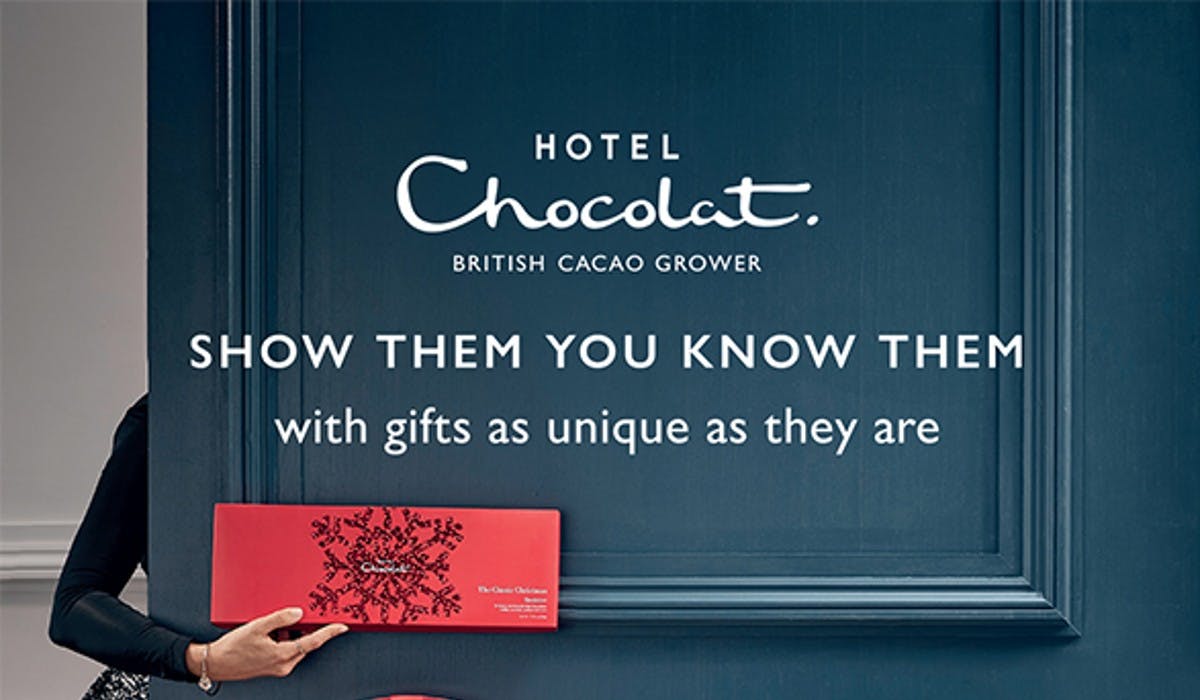
Can Mars Solve Hotel Chocolat's International Growth Challenges?

Mars acquires Hotel Chocolat for £534m, aiming to enhance its premium allure Will this move help the struggling chocolate brand's global expansion? Find out what lies ahead
Hotel Chocolat, the premium chocolate brand, has been acquired by Mars in a cash deal worth £534m. This represents a significant premium of 169.8% over the brand's current share price of 139p. Despite implementing a digital-led marketing strategy in 2021, the company has faced challenges, reporting a full-year loss of £800,000 in July. This loss has been attributed to inflationary pressures and restructuring costs. Additionally, revenues were down by 10%, and a pre-tax loss of £6.9m was recorded.
Hotel Chocolat has faced setbacks in its attempts to expand internationally, particularly with its unsuccessful plans in Japan and the US. These endeavors have contributed to the company's recent decline in financial performance. However, with its new acquisition, Hotel Chocolat's new owner aims to establish the brand as a global force.
Angus Thirlwell, CEO of Hotel Chocolat, expresses confidence in the brand's appeal to overseas consumers. The company has been hindered by operational and supply chain challenges, which have now been addressed through its partnership with Mars. With Mars' expertise, skills, and capabilities, Hotel Chocolat can accelerate its international expansion efforts. Despite the acquisition, Thirlwell will continue to serve as CEO of Hotel Chocolat.
The pillars of the Hotel Chocolat brand, which include originality, authenticity, and ethical trading, are the driving force behind the collaboration between the two businesses. According to the CEO, their intention is for Hotel Chocolat to establish itself as a top-tier chocolate brand in major markets by revolutionizing the way chocolate is crafted for the benefit of both people and nature. This shared vision and commitment to cultural values, strategic boldness, and long-term thinking are what brought about the partnership with Mars.
What’s next?
Prior to the sale, Hotel Chocolat held the distinction of being the largest independent chocolate maker in the UK. The company underwent substantial digital expansion amid the Covid-19 pandemic, prompting a shift in its approach towards a digital-centered strategy, departing from its traditional reliance on physical stores.
In March of this year, the business decided to shift its focus away from digital and reported that there were almost twice as many customers shopping in-store compared to online. This increase can be attributed in part to the company's database marketing and loyalty program. During this time, the company also claimed to have reached its highest level of brand consideration. It is important to note that YouGov's BrandIndex is not currently tracking this brand.
Annie Brown, the general manager for UK Consulting at Brand Finance, believes that the sale represents a significant change for Hotel Chocolat. This transition will allow the company to address previous challenges related to operations and expansion. "Similar to many other smaller British brands, Hotel Chocolat needs funding, investment, and time to grow internationally, despite having a strong brand and unique marketing," she explains in an interview with Our Website.
"The agreement allows Mars to further expand Hotel Chocolat's international reach and accelerate its growth, while simultaneously maintaining the brand's entrepreneurial spirit and commitment to high-quality products. This partnership also showcases Mars' strategic decision to bolster and diversify its portfolio by collaborating with an esteemed UK brand that has its own successful retail presence," she explains. However, she advises Mars to be cautious and avoid encountering similar challenges faced by competitors like Ferrero and Mondelez. She points out that both companies' acquisitions of Thorntons and ownership of Green & Blacks have not lived up to expectations, indicating the importance of treading carefully in such ventures.
According to Brown, a strong comprehension of a brand's culture, values, and customer demand is crucial for successful ownership changes or acquisitions. Challenges may arise for brands lacking this understanding.







